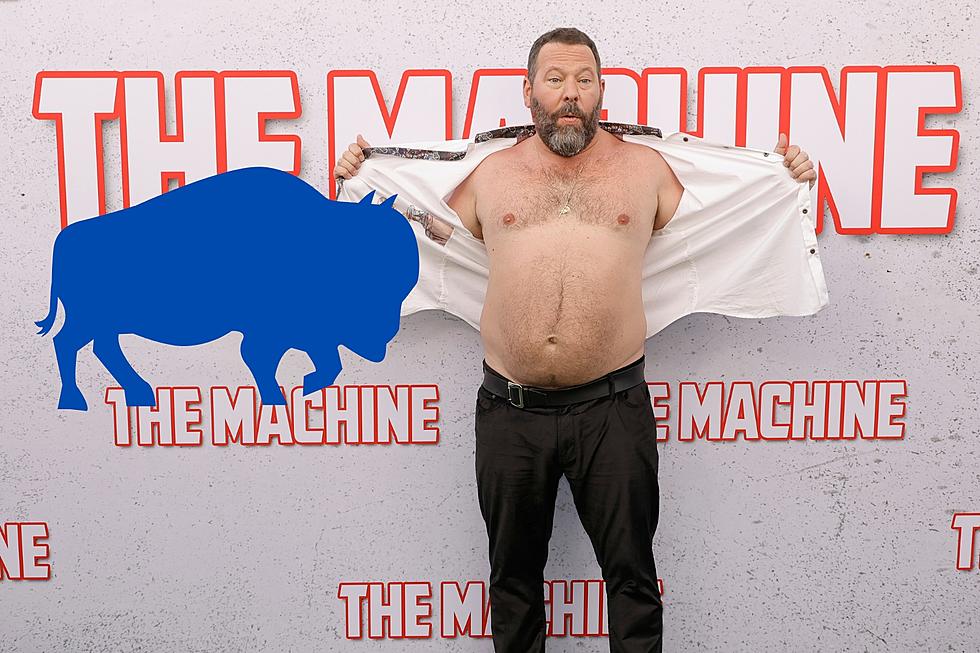Rent prices are already ridiculously high here in New York State and then here comes your greedy landlord raising the rent when it's time to renew your lease, right? I mean their mortgage most likely didn't go up, they probably didn't add any really cool new amenities and they probably haven't upgraded anything in years. So what's up with raising the rent?
Does New York Set A Limit On How Much A Landlord Can Raise Rent?
My first apartment in Buffalo was located in the new Hilton Hotel downtown. There were three floors of very nice apartments, on top of the hotel rooms. It was a really nice apartment (but small) with great views. I was able to use all the hotel's amenities, like the indoor pool, room service, and I had valet parking for my car. Talk about living in luxury. It was nice, but make no mistake, my rent was pretty damn high. I would have loved to stay, but they wanted to increase my rent by 10 percent. When you have sky-high rent, 10 percent isn't a small amount, especially when it's monthly. So I moved.
I always wondered if landlords here could ask for more than 10 percent. It turns out that for the most part, they can. The base rent price can also make a huge difference when it comes to a rent increase. In New York State, unless a unit is rent-regulated, your landlord can charge whatever they want,
When an apartment is not rent regulated, a landlord is free to charge any rent agreed upon by the parties. If the apartment is subject to rent regulation, the initial rent and subsequent rent increases are set by law, and may be challenged by a tenant at any time.
A landlord can raise the rent, once your lease is up for renewal, by any amount they want, if you aren't in a rent-regulated unit. They must, however, provide advance written notice of any intended increase above 5 percent,
If the landlord of a non-regulated unit intends to increase the rent by more than 5%, they must provide advanced written notice of either 30, 60, or 90 days depending on how long the tenant has been in occupancy (see section on Renewal Leases).
There may be exceptions for the elderly or disabled who are living in certain types of properties,
Tenants who are senior citizens (62 or older) or living with a disability and living in rent regulated, Low-Income Housing Tax Credit (LIHTC), Limited Dividend, Redevelopment, Housing Development Fund Corporation (HDFC), or Mitchell-Lama cooperatives and rentals, may be granted certain exemptions from rent increases.
If you live in a rent-regulated unit, the maximum rent increases are set yearly by local Rent Guidelines Boards.
The bottom line is, that your landlord can pretty much increase your rent by whatever amount they want when it's time to renew your lease, as long as they give you the appropriate notice.
** This article does not provide legal advice

Everything Renters Need To Know About Legal Evictions In NYS
Can You Legally Grow Marijuana At Home In New York State?
Can You Legally Take Ownership Of An Abonded House In New York State?
More From 92.9 WBUF










